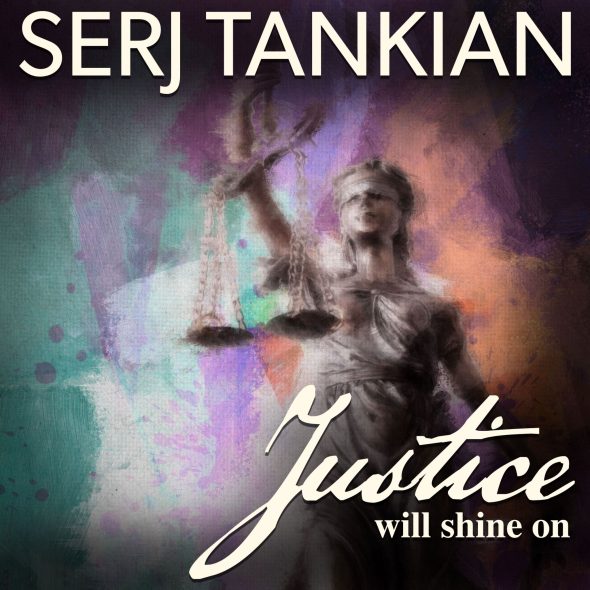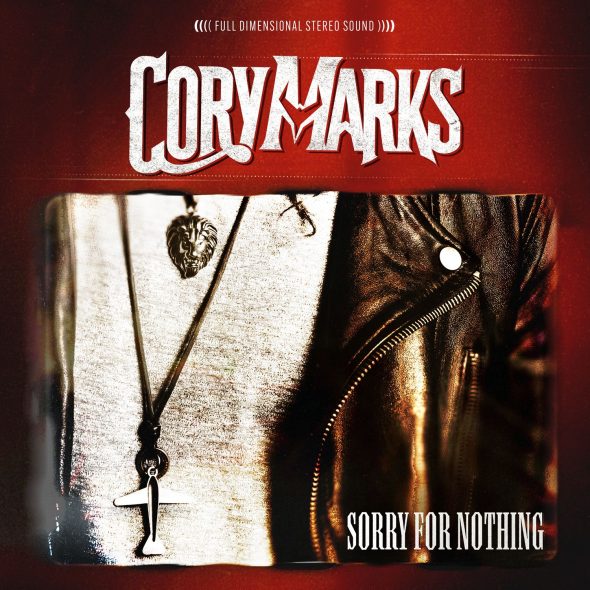5 major turnoffs
by Tamara Halbritter
“Grammar: the difference between knowing your shit and knowing you’re shit,” says the mysterious grammar man who recently wrote a craigslist.org rant and rave meant for rednecks in Allentown.
 As a musician, you may not always use proper grammar in a song, on social media or when talking in person to your fanbase, but when you speak or correspond with industry professionals, you should try to make an effort. If you use bad grammar, you come across like a lackey. Uncool. Unprofessional. Unworthy of your next music deal.
As a musician, you may not always use proper grammar in a song, on social media or when talking in person to your fanbase, but when you speak or correspond with industry professionals, you should try to make an effort. If you use bad grammar, you come across like a lackey. Uncool. Unprofessional. Unworthy of your next music deal.
Here are five examples of major turnoffs you should avoid at all costs when you give your elevator pitch or write a query letter, press kit or business plan.
- Passive voice: “The band was hired.”
- Incorrect noun-verb agreement: “Every year, the jazz act tour Australia.”
- The wrong pronoun: “That agency isn’t doing their job.”
- Possessive mix-ups: “It’s fanbase grew to more than 6 million on SoundCloud.
- Poor word choice: “The singer could of called the venue to say she’d be three hours late.”
Keep reading to fix these faux pas.
- Use active vs. passive voice: When you say “the band was hired,” this is called using passive voice, because your potential agent won’t know who hired the band. The band is the object of the sentence and — the subject — the noun before the verb “hired” should be the person or organization that took the action. For example, the MGM Grand hired the band. Even if the band wasn’t thrilled to perform for six months in Vegas, at least the prospective agent will know who hired it.
- Make sure the noun and verb agree: If you use a singular noun, use a singular verb. For instance, the videographer shoots all the band’s live gigs. If more than one person does the action, the verb must match the plural noun: The videographers shoot various segments at each location. Helpful hint: In many cases, look for the s and don’t repeat it. If it’s not in the subject (jazz act), then it will be in the verb (tours) and vice versa.
- Use the correct pronoun: Another mistake people make is using a plural pronoun to replace a singular noun. For example, “That agency isn’t doing their job,” should be “That agency isn’t doing its job.” Having to use “he or she” repeatedly can also stop your flow: “Each tour bus driver knows his or her route weeks before the tour.” Instead, make the subject plural and say “the tour bus drivers know their route weeks before the tour.”
- Use the proper possessive. When you write about something someone has — the drummer’s singing voice is gravelly — use an apostrophe s to show who possesses this voice. However, use of an apostrophe in “they’re harmonic duets” is incorrect, because it signifies a missing letter (the a in “are”). Also watch out for its and it’s: Its fanbase, not it’s fanbase.
- Choose the right word. In the previous “could of called” example, the “of” should be “have.” She could have called to say she’d be three hours late. Sometimes you’re stuck with a primadonna vocalist, but at least you aren’t forced to use bad grammar while you wait. Another word choice to consider: affect vs. effect. Usually, “affect” is a verb; “effect” is a noun. When you’re waiting to play at Coachella, the singer’s late behavior could negatively affect the crowd.
If you don’t know your shit when it comes to grammar, take a moment to look up some rules online or seek help from a professional writer or editor.
Now ain’t that some fine advice?
Tamara Halbritter is a San Francisco Bay Area freelance writer and editor who develops content for music, transportation and green industries.




